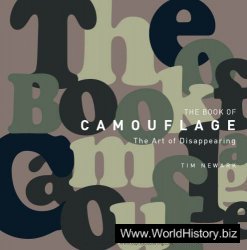‘‘Naturally,’’ wrote Speer in the secret diary that he kept in Spandau prison, Hitler ‘‘had a passion for antiquity’’ (Speer 1975: 166). The Fuhrer’s notably unsystematic remarks about the ancient world, and indeed the visibility of Greece and/or Rome in the ideologies of European fascism more generally, have become a source of fascination for many.1 Of course, it would be an uncommon kind of western government, totalitarian or otherwise, that did not, at some point, seek to draw analogies between itself and certain - no doubt carefully selected - features of the classical past, whether democratic, republican, or imperial (Richard 1994; Stray 1998; Winterer 2002; Roberts 1994). In this sense, Nazism and Italian Fascism were hardly innovative. Yet it is tempting, when reflecting on these charged moments in the classical tradition, to linger on the perceived megalomania of the dictators and to isolate their appropriations of the past within an acceptable narrative of tyrannical excess. However, behind the predictable (note Speer’s ‘‘naturally’’) prominence of antiquity in the political imaginaires of twentieth-century tyrants, lies a far more complex and revealing set of classical appropriations. While it can be said, superficially at least, that Hitler and Mussolini turned to the ancient world for similar ends (namely, political, social, and historical legitimization), the context through and means by which they arrived at them differed in a number of important and instructive ways, belying the tempting classification of a homogenous ‘‘fascist’’ reception of the ancient world. Of particular importance to classical scholars, too, must be the concurrent differences that Nazism and Italian Fascism made to the classical scholarship produced in Germany and Italy during this period (and, critically, its postwar reception). With these distinctions in mind, then, this chapter will be divided into two parts, in which I shall sketch out the role of the ancient world in fascist Italy (1922-43) and Nazi Germany (1933-45), although my discussion ofthe former regime will be briefer than that ofthe latter, for reasons that I hope will become clear.




 World History
World History









